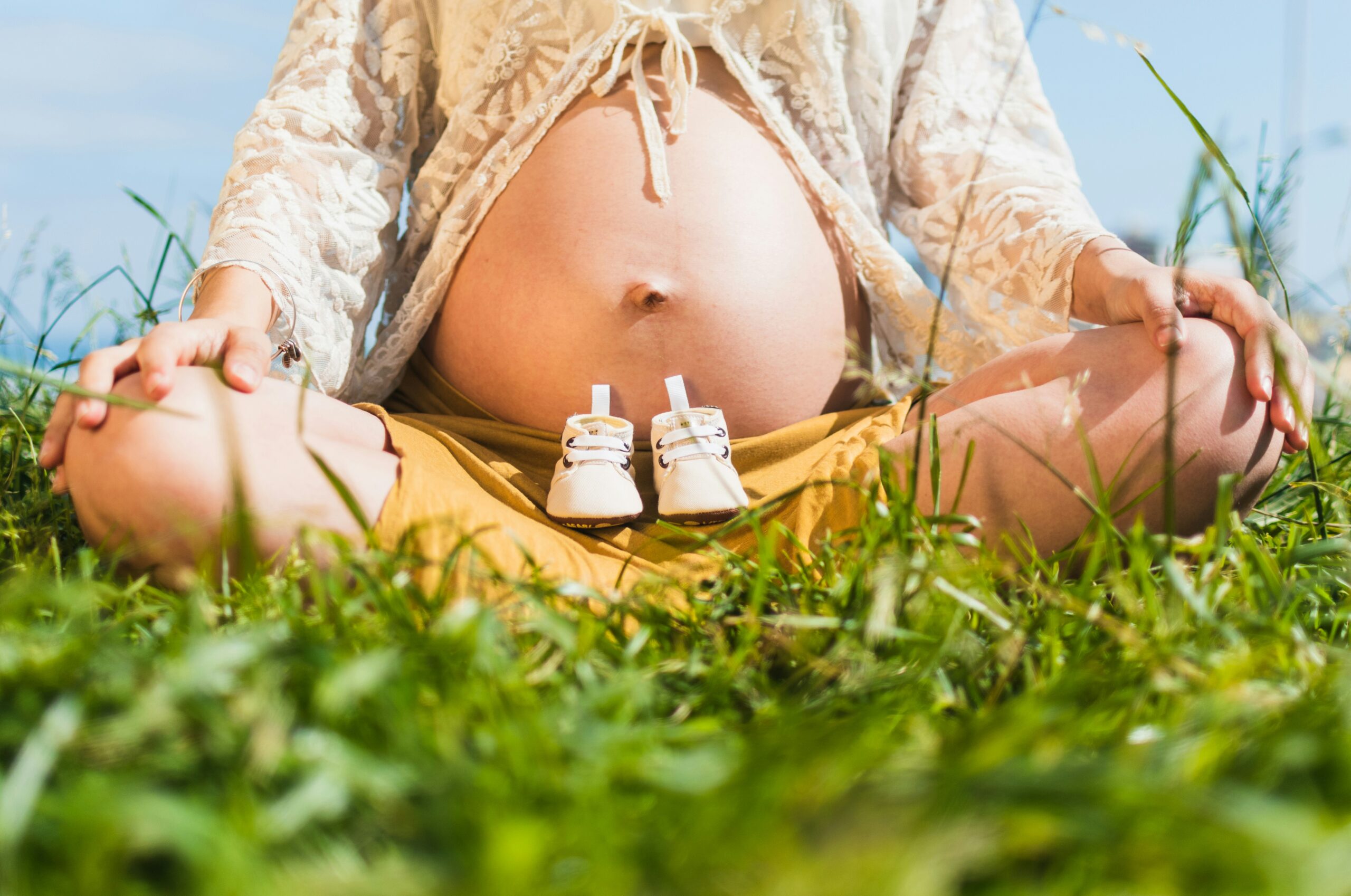Self-compassion in the postpartum journey: why kindness matters
The birth of a baby brings joy, but also unprecedented challenges. For many new mothers, the postpartum period becomes shadowed by unrealistic expectations—particularly the pressure to “bounce back” physically and emotionally. Yet amid the sleepless nights, healing bodies, and hormonal shifts, one powerful resource often goes overlooked: self-compassion.
With 1 in 5 women suffering from mental health disorders in the months before or after giving birth, the need for kindness toward oneself isn’t just nice—it’s necessary.

The reality behind the “bounce back” pressure
The cultural messaging surrounding postpartum recovery often sets unrealistic standards. Social media feeds fill with celebrities seemingly returning to pre-pregnancy bodies weeks after delivery, while advice to “enjoy every moment” minimizes the genuine struggles many mothers face.
This pressure comes at a significant cost. Research shows postpartum depression diagnosis rates nearly doubled from 9.4% in 2010 to 19.0% in 2021. Despite this alarming increase, approximately 75% of people with perinatal mental health issues never receive treatment, often because intense shame prevents mothers from acknowledging their struggles and seeking help.
When new mothers constantly compare themselves to unrealistic standards, they’re more likely to experience feelings of inadequacy and failure. The expectation to quickly resume pre-pregnancy activities, appearances, and emotional states ignores the profound physical and psychological transformation that childbirth represents.
What is self-compassion and why does it matter?
Self-compassion involves treating yourself with the same kindness you’d offer a good friend. It means acknowledging that recovery takes time, that struggling is normal, and that imperfection is part of being human.
For postpartum mothers specifically, self-compassion creates space for physical healing at your body’s natural pace, emotional processing of the birth experience, learning to parent without harsh self-judgment, and seeking help without shame when needed.
Unlike self-criticism, which often leads to increased anxiety and depression, self-compassion provides a foundation for genuine healing and growth. When mothers can acknowledge their challenges without shame, they’re better positioned to address difficulties rather than hiding from them.
The scientific case for self-kindness
The postpartum period represents significant vulnerability. According to the American College of Obstetricians and Gynecologists, screening for depression and anxiety is recommended at least once during pregnancy using validated tools.
This recommendation exists because the risks are substantial:
Approximately 18% of postpartum women experience anxiety, while 1 in 8 mothers experiences postpartum depression, affecting over 460,000 women annually in the United States. Additionally, 20% report severe sleep problems at 8 weeks postpartum.
Women with postpartum depression experience poorer sleep quality and lower sleep efficiency, creating a challenging cycle where mental health and physical recovery continually impact each other.
Most alarmingly, mental health conditions account for 23.3% of maternal deaths, making them the leading cause of maternal mortality in the United States.
Self-compassion offers a protective buffer against these challenges. By reducing shame and encouraging self-care, it creates a foundation for both physical and emotional healing.
How to practice self-compassion in the postpartum period
Reframe your recovery timeline
Instead of focusing on “bouncing back,” embrace the concept of “moving forward.” Your body accomplished something extraordinary in creating and birthing a human. Recovery isn’t about erasing this journey but honoring it.
The fourth trimester is a crucial healing period. Just as pregnancy took months, postpartum recovery deserves the same patience. Consider keeping a small journal noting improvements in how you feel physically and emotionally, rather than focusing exclusively on external markers like weight or clothing size.
Speak to yourself with kindness
Notice your inner dialogue. When you catch yourself thinking “I should be handling this better” or “Why am I struggling so much?”, pause and reframe. Try speaking to yourself as you would to a dear friend facing the same challenges.
You might say: “This is a challenging time, and I’m doing my best,” “My feelings are valid and temporary,” or “Many new mothers feel this way—I’m not alone.” These simple shifts in self-talk can dramatically change your emotional experience during difficult moments.
Lower perfectionist standards
Perfect parenting doesn’t exist. Instead of striving for an impossible ideal, celebrate small wins—getting dressed, feeding your baby, moments of connection. Identify “good enough” standards for truly important matters and let go of non-essential tasks without guilt.
Consider making a “done list” rather than a to-do list at the end of each day. This practice helps you recognize all you’ve accomplished rather than focusing on what remains undone. Even on the most challenging days, you’re still meeting your baby’s needs and navigating a profound life transition.
Practice physical self-care without judgment
Your postpartum body deserves gentle care, not criticism. Consider simple comfort measures like warm baths or supportive garments (the global belly band market is growing for good reason).
Choose movement that feels nurturing rather than punishing and prioritize rest whenever possible—sleep quality directly impacts mental health. Remember that your body is still healing from the inside out, with many changes invisible to the eye but very real in your physical experience.

Set compassionate boundaries
Many new mothers feel obligated to accommodate everyone else’s desires to see the baby or help in ways that aren’t actually helpful. Remember that you can limit visitors, specify what help you actually need, and protect your energy and recovery needs.
Creating a simple response template can help: “Thank you for your interest in visiting. We’re keeping visits short right now while we adjust. Could you drop off a meal instead?” Setting boundaries isn’t selfish—it’s essential self-preservation during a uniquely demanding time.
Seek support without shame
Reaching out isn’t weakness—it’s wisdom. Early postpartum support makes a significant difference in recovery outcomes.
If you’re experiencing persistent sadness, anxiety, intrusive thoughts, or feeling disconnected from your baby, these may be signs of postpartum depression or anxiety. Reaching out to your healthcare provider is an act of self-compassion that demonstrates your commitment to your wellbeing and your child’s.

The long-term benefits of self-compassion
Self-compassion isn’t just about surviving the postpartum period—it establishes patterns that benefit both you and your family long-term. Untreated postpartum mental health issues can persist for years, but early intervention helps prevent this progression.
Children learn emotional regulation by watching how you treat yourself. When they observe you responding to challenges with kindness rather than harsh criticism, they internalize this approach. Self-compassionate mothers model healthy boundaries and self-worth that shape their children’s relationship with themselves.
As Samantha Meltzer-Brody, MD, Director of the Center for Women’s Mood Disorders at UNC Chapel Hill, powerfully states: “If we’re taking care of mothers, then we’re taking care of the next generation. If we don’t, we are threatening the very fabric of our society.”
Kindness as revolutionary care
In a culture that often rushes mothers back to “normal,” choosing self-compassion becomes a radical act of self-care. By releasing the pressure to bounce back and embracing a kinder approach to recovery, you’re not just supporting your own wellbeing—you’re modeling what healthy self-regard looks like for your child.
Remember: The postpartum journey isn’t a race to the finish line. It’s a transformation that deserves patience, understanding, and above all, compassion. Be as gentle with yourself as you are with your new baby—you both deserve that kindness.
Ready to explore more resources for your postpartum journey? Discover practical strategies for managing your emotional needs during those crucial first six weeks.

